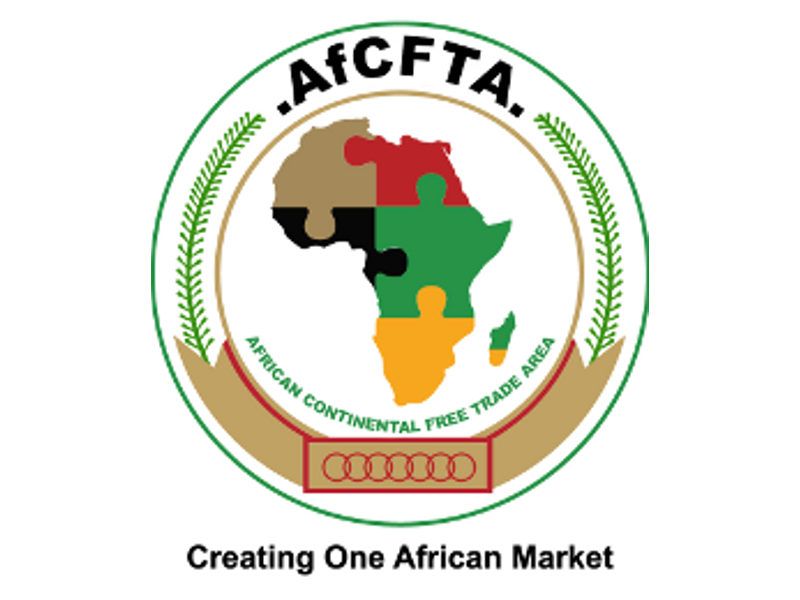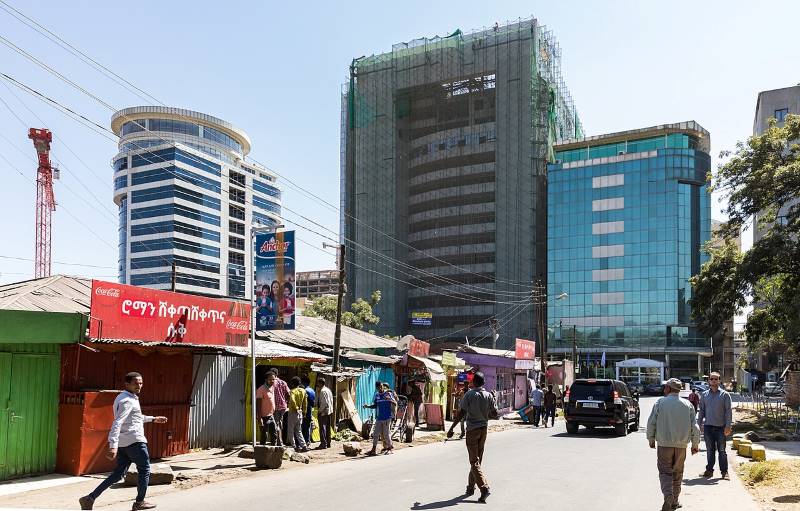“The forces that unite us are intrinsic and greater than the superimposed influences that keep us apart.” ― Kwame Nkrumah In January 2012, at the 18th Ordinary Session of the Assembly of Heads of State and Government of the African Union, in Addis Ababa, Ethiopia, the African Union agreed to develop an African Continental Free Trade Area, AfCFTA, which seeks to boost Africa’s economy through increased intra-African trade. This groundbreaking agreement creates a single, continent wide market for goods and services, and softens important barrier, quotas and harsh border tariffs, or taxes that have made it challenging for African countries to trade with each other. AfCFTA, scheduled to go into effect in July 2020, will be the largest free trade area in the whole world, by countries. Many African countries are buying continent-grown commodities elsewhere, accruing higher costs and promoting the idea that imported products are superior. Kenya buys palm oil from Malaysia, which amounted to US $125.64 million dollars in cost in 2018. Meanwhile, palm oil grows in many African countries, like Egypt, Algeria, the Democratic Republic of Congo, Gabon, Cameroon, South Africa, Angola, Nigeria, Liberia and Ghana. Most palm oil producers in Africa are smallholder farmers, but now, with this infrastructural change of AfCFTA, greater opportunities arise and road to palm oil innovation in Africa becomes a smoother terrain to traverse. Vera Songwe, the Executive Director of the United Nations Commission for Economics in Africa, adds: “the real test of the AfCFTA, however, will be how quickly African countries can accelerate export diversification and product sophistication and make trade more inclusive”. According to the Trade Law Center, ‘AfCTFTA represents a market of over 1.2 billion people.’ Mrs. Songwe says “in 2025, if we do well and make it work, the African market will be US 3.6 trillion dollars”. AfCFTA is an innovative partnership. The AU says AfCFTA “will be more akin to a comprehensive partnership agreement because the disciplines will go beyond trade in goods to over services, investment, competition and intellectual property.” According to the Trade Law Center (TRALAC), AfCFTA will be governed by five operational instruments, such as “the Rules of Origin; the online negotiating forum; the monitoring and elimination of non-tariff barriers; a digital payments system and the African Trade Observatory”. The Pan African ideologies of leaders like W.E.B. Dubois, Kwame Nkrumah, Jomo Kenyatta, George Padmore, and others built a foundation on which the Africa Free Trade Area stands. When new African states emerged, leaders of the various African states like Kwame Nkrumah and Jomo Kenyatta began to assemble the brick and mortar that would help strengthen Africa. The AU selected Ghana as the secretariat of the Africa Free Trade Agreement, which means that Ghana will be responsible for putting the agreement into action.
With AfCFTA, Africa is disrupting the colonial imprints that have tainted the continent, and redesigning a future that does away with the culture of disunity that has allowed for the hijacking of Africa’s legacy and resources. Africa’s future is bright, and now, instead of moving as separate states, the countries are merging into a super force and single entity that will hopefully be a powerful force with weight to compete in the global market.





